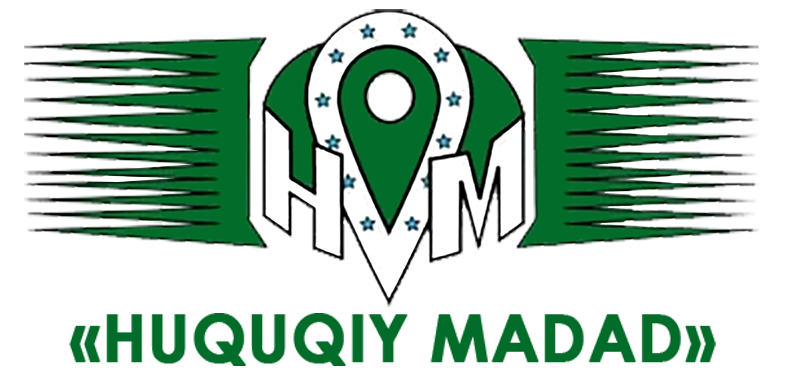Administrative law is a branch of law. It is a set of legal norms governing social relations that arise in the process of governing the state, that is, in the performance of executive and command activities. Diversity of types of administrative activity is a key factor in requiring a wide and multidisciplinary nature of administrative law. The norms of administrative law define the powers of all executive bodies and determine the order of formation, reorganization and liquidation of public administration bodies. They strengthen the rights and obligations of citizens in the field of public administration, establish uniform rules for the activities of the executive branch and the conduct of officials, consider the responsibility for administrative offenses and the procedure for their application.
The norms of administrative law are implemented within the framework of administrative-legal relations arising between the participants of various administrative-legal relations. Participants in administrative legal relations in the Republic of Uzbekistan include the President of the Republic, government agencies at all levels, civil servants, non-governmental non-profit organizations, individuals (citizens of the Republic of Uzbekistan, foreign citizens and stateless persons).
The system of administrative law of the Republic of Uzbekistan consists of general and special parts. The norms of the general part strengthen the basic principles of public administration, the legal status of the subjects of administrative law, the legal forms and methods of governing the foundations of the civil service, the methods and procedures for ensuring the rule of law and institutionalization in public administration. Special clothing is devoted to norms that reflect the specifics of social relations in various sectors and areas of public administration. It sets out the principles of economic, socio-cultural and administrative governance. These include norms governing cross-sectoral governance.
Normative legal acts issued by various state bodies are a form of expression of administrative law and its sources. Most of the existing provisions of the Constitution of the Republic of Uzbekistan are among the most important provisions that have a direct administrative-legal orientation. These are, for example, constitutional norms that determine the basis for the formation and functioning of the executive branch and strengthen the rights and freedoms of citizens in public administration. The basic principles of administrative law are reflected in the laws of the Cabinet of Ministers of the Republic of Uzbekistan on education, defense, local government, sanitary control and others.
The President of the Republic of Uzbekistan issued a decree on the establishment, reorganization and liquidation of public administration bodies, as well as economic, socio-cultural, administrative and other structures of governance. k. Many decisions on the improvement of various sectors of the economy serve as sources of administrative law.
Public administration regulation is carried out by regulations of the Government of the Republic of Uzbekistan, sectoral and intersectoral public administration bodies, as well as local competent and executive bodies. The Cabinet of Ministers adopts acts determining the legal status of public administration bodies, approves various krnunkrids that are sources of administrative law. Sources of administrative law include various decisions, orders, various guidance materials of sectoral and intersectoral governing bodies (ministries, courts, state committees, republican agencies), as well as decisions of local authorities.
During the years of independence, the norms of administrative law have been significantly updated. This is because the economic functions of the state, the system of executive bodies at all levels, and the rationale and efficiency of their activities have also changed radically. The transition to a decentralized system and the transfer of a number of non-state powers from central to lower levels are taking place.
Administrative law plays an important role in improving the structure of the executive branch, creating the legal framework for the civil service, regulating the market economy, and ensuring the strict protection of the legitimate rights and interests of citizens and businesses.


